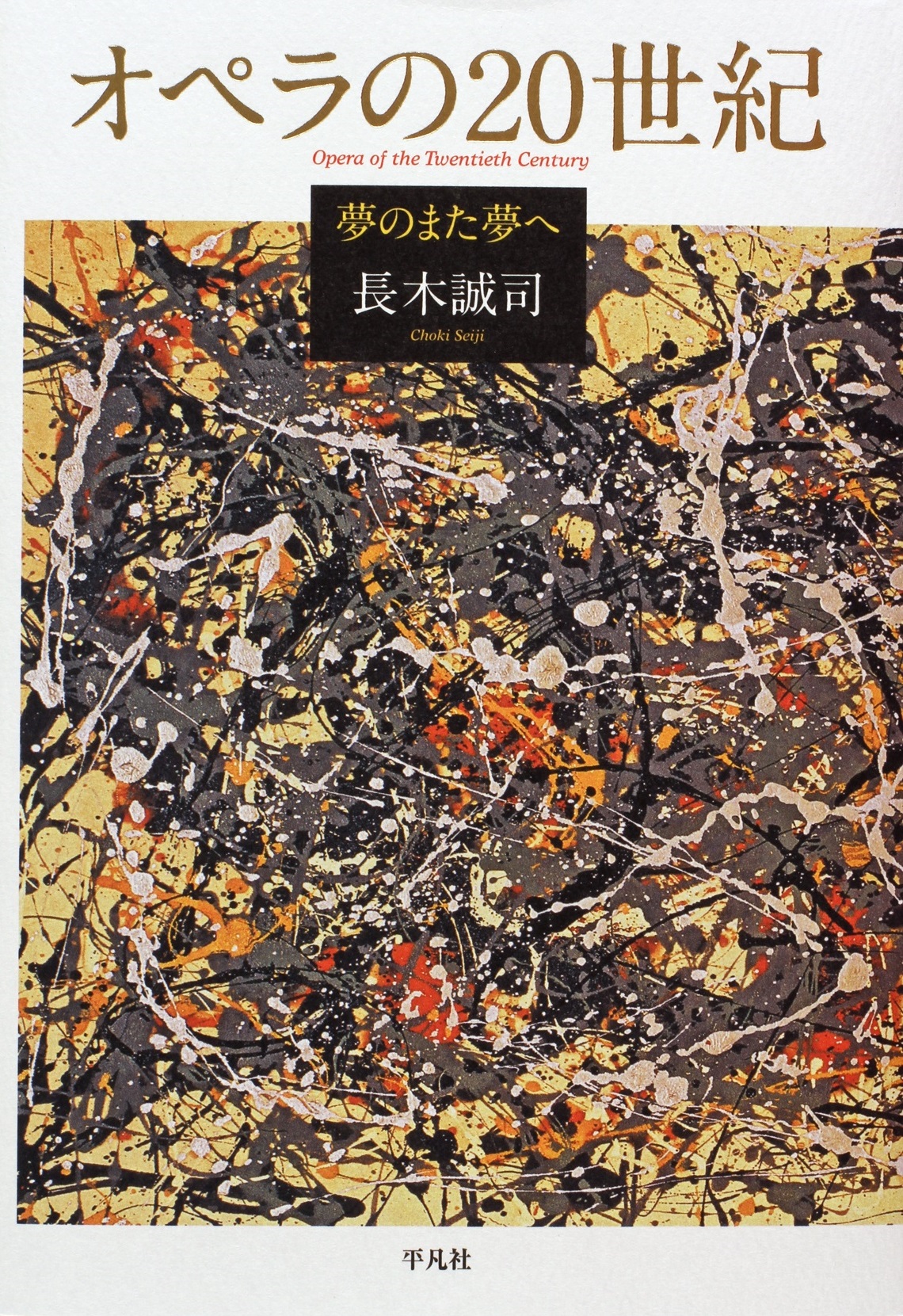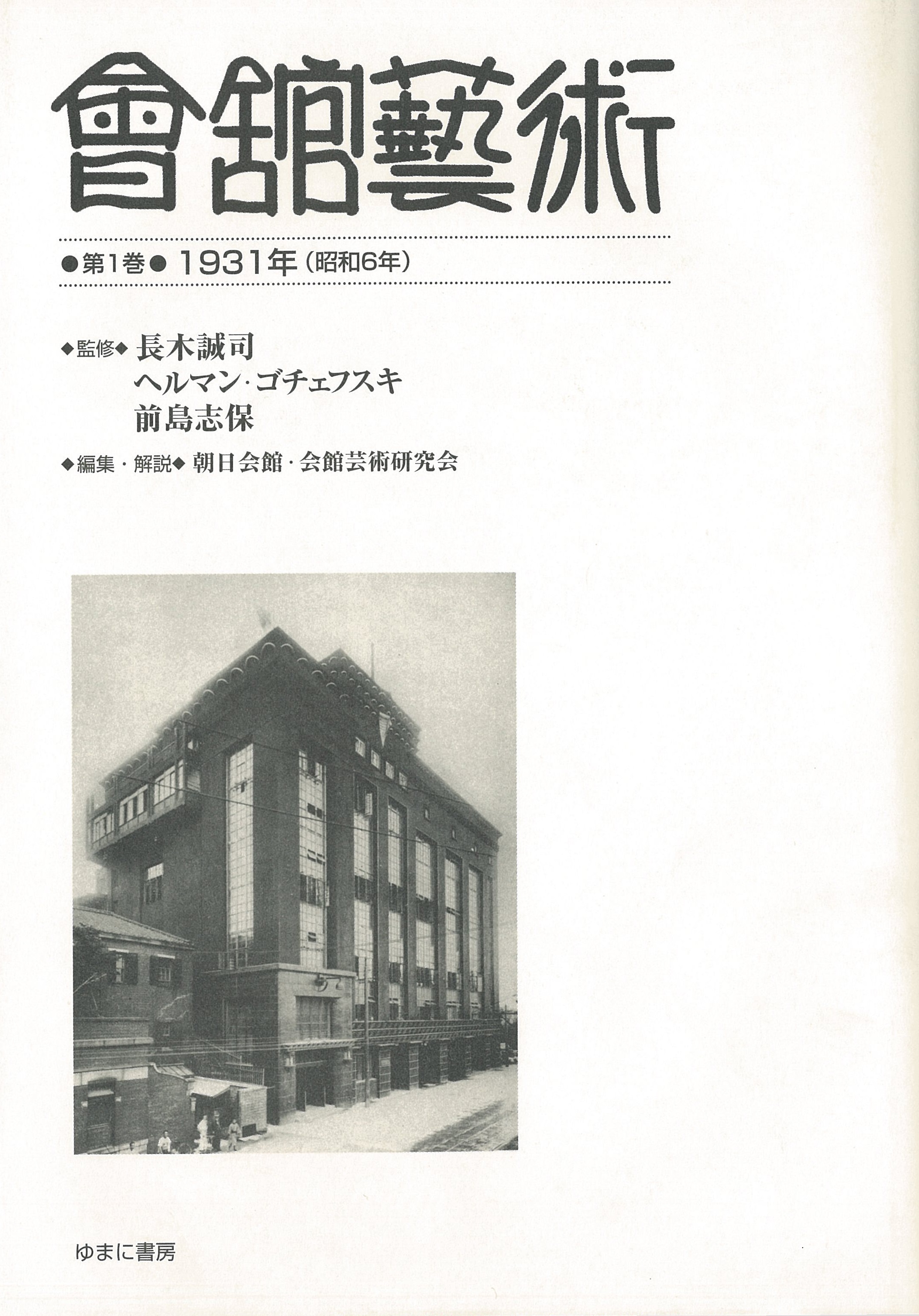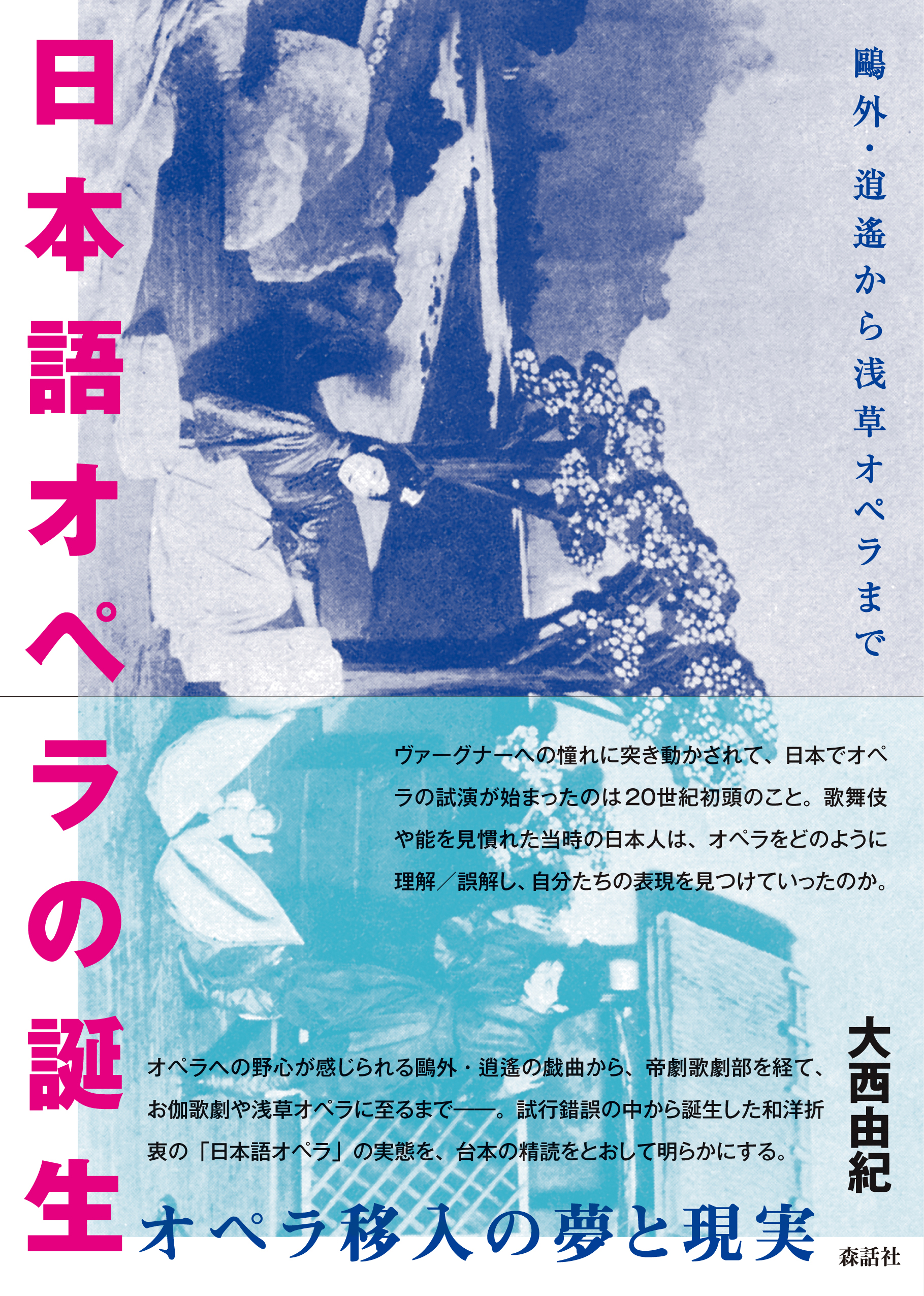
Title
Opera no 20-seiki (Opera of the Twentieth Century)
Size
816 pages, A5 format
Language
Japanese
Released
October 23, 2015
ISBN
978-4-58-221972-2
Published by
Heibonsha
Book Info
See Book Availability at Library
Japanese Page
Is opera an obsolete genre that no longer exists the twenty-first century? Is it obsolete and left beyond oblivion? Absolutely not. In the 20th century, opera was considered to be coming to its end, but it survived with new and different compositions, gripping composers and audiences and maintaining its socially-significant style of performance. This book has been written to recapture the opera of the 20th century under various secondary themes, and ultimately to help convey the joy and value of this performing art.
This is a unique, single-volume thesis that deals with a comprehensive coverage of 20th century opera, including avant-garde and experimental pieces which still struggle today, setting aside some of the more celebrated composers such as Puccini and R. Strauss. The thesis painstakingly argues in favor of opera’s historic, social, political, philosophical, aesthetic and artistic significance.
The thesis brings with an explanation of the 19th century, the golden age of opera that produced Rossini, Verdi, and Wagner, in terms of the continuity and discontinuity. It then gives many accounts of opera in the following century when it was faced with a crisis of survival, and how it overcame all obstacles and enjoyed a resurgence in opera creation. This history is detailed with many examples drawn from existing works, and discussions are advanced taking into consideration the viewpoint of systems such as operatic theaters, organizations, and social situations.
Analytical tools include the conventional musicological method (mainly focusing on sheet music) and others, such as critical theory and theories of gender, post-colonialism, and performance, all of which are employed freely and as necessary. The book also attempts to examine how musicology of today, with its many methodologies, is able to handle opera as a genre from varied perspectives. In this way, it is partly intended to shed light on musicology itself through the study of opera.
The scope of the book covers not only operatic works composed and performed in Central Europe, but also those in the surrounding areas, as well as the Americas. A considerable number of pages are dedicated to the operatic pieces created between the two World Wars, an era that has thus far been in need of such exposure. In this way, the book captures opera in a wide historical framework, simultaneously placing the genre in a continuum of several independent lines.
In recognition of the merits brought to its readers by introducing the hidden charm of 20th century opera, with its many unknown masterpieces, the book was awarded the 66th Art Encouragement Prize by the Minister of Education, Culture, Sports, Science and Technology in 2015.
(Written by CHOKI Seiji, Professor, Graduate School of Arts and Sciences / 2018)
Related Info
The 66th World of Literary Prizes (music category) (2016.03.09)
http://prizesworld.com/prizes/various/snsh_hyrn.htm#list066



 Find a book
Find a book



